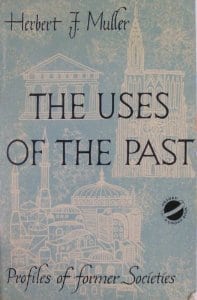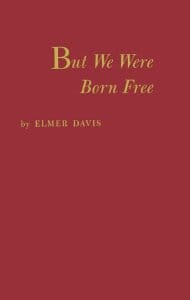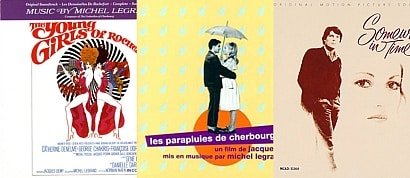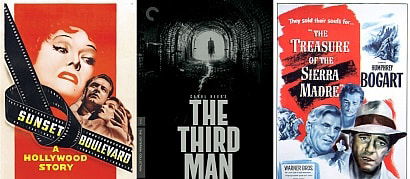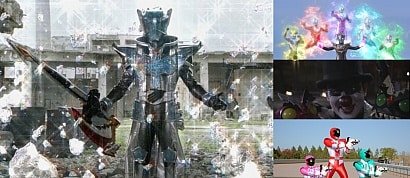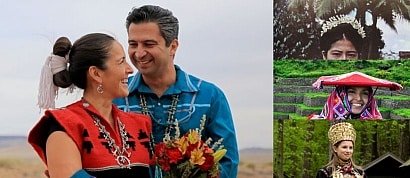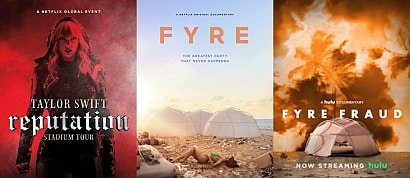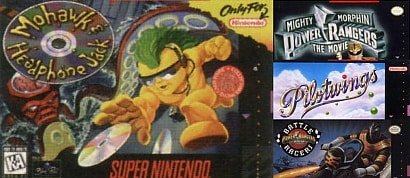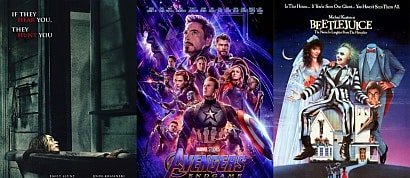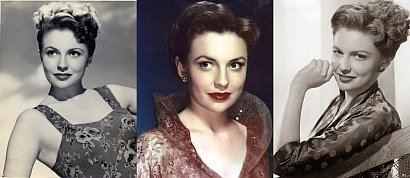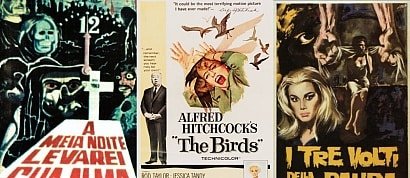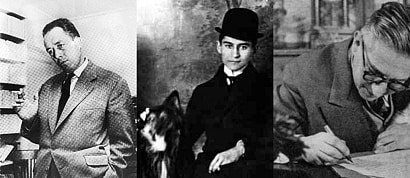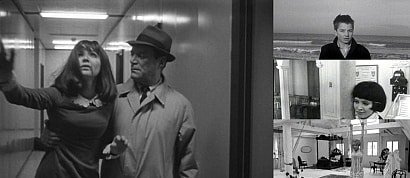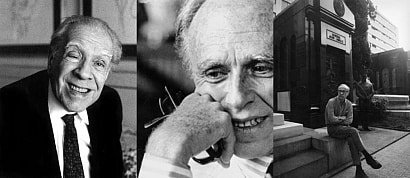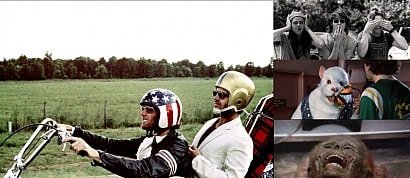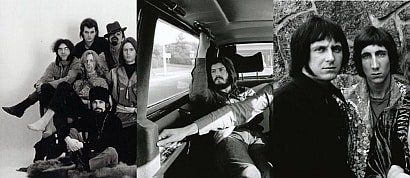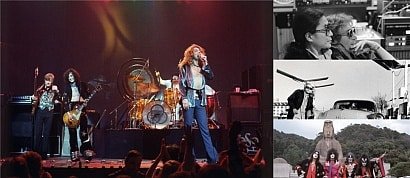Carl Sagan's book recommendations
 Add image to section
Add image to section
The Uses of the Past by Herbert Muller
With the vision of both historian and philosopher, Herbert Muller surveys the golden ages of past societies in a search for a pattern or a lesson that can be meaningful today.
 Add image to section
Add image to section
Extraordinary Popular Delusions by Charles Mackay
Classic survey of crowd psychology takes an illuminating, entertaining look at three historic swindles: "The Mississippi Scheme," "The South-Sea Bubble," and "Tulipomania." Fired by greed and fed by naïveté, these stratagems gone awry offer essential reading for investors as well as students of history, psychology, and human nature.
"Three causes especially have excited the discontent of mankind; and, by impelling us to seek remedies for the irremediable, have bewildered us in a maze of madness and error. These are death, toil, and the ignorance of the future."
read here: www.gutenberg.org/ebooks/24518
"Three causes especially have excited the discontent of mankind; and, by impelling us to seek remedies for the irremediable, have bewildered us in a maze of madness and error. These are death, toil, and the ignorance of the future."
read here: www.gutenberg.org/ebooks/24518
 Add image to section
Add image to section
The Immoralist by André Gide
It is the story of Michel, who tries to rise above good and evil and give free rein to his passions. In so doing, he neglects his wife, with tragic consequences.
"Envying another man's happiness is madness; you wouldn't know what to do with it if you had it."
"Envying another man's happiness is madness; you wouldn't know what to do with it if you had it."
 Add image to section
Add image to section
Young Archimedes by Aldous Huxley
In these semi-autobiographical stories, Huxley discourses on life and death, accident and necessity, natives and foreigners. They show Huxley in his most pensive mood, far removed from the didatic counter-utopianism with which he is often identified. Young Archimedes takes place in Italy. The story starts as a test in aesthetic sensibilities, between natives and visitors. Guido's musical predilections, his precocity, was more rooted in Archimedes than in Mozart. But the nature of his unusual talents was never quite understood. In contrast, the young English boy, the counterpart, is ordinary to a fault. What happens is a chilling example of a child pushed beyond his limits by well-intentioned parents. In Little Mexican, the English visitor learns that life beyond the university is emancipation not just in the literature of Mallarm and the philosophy of Nietzsche, but in the sensual ways of the world itself. Emancipation is in the life of love, and in the struggle to remain young. Fard, Hubert and Minnie, and The Portrait take place in France and England, with their themes of unrequited love, affection between lovers of different nations, and social standing.
 Add image to section
Add image to section
The Republic by Plato
The Republic presents Plato's vision of the ideal state, covering a wide range of topics: social, educational, psychological, moral, and philosophical. It also includes some of Plato's most important writing on the nature of reality and the theory of the forms.
"The soul takes nothing with her to the next world but her education and her culture. At the beginning of the journey to the next world, one's education and culture can either provide the greatest assistance, or else act as the greatest burden, to the person who has just died."
read here: www.gutenberg.org/ebooks/1497
"The soul takes nothing with her to the next world but her education and her culture. At the beginning of the journey to the next world, one's education and culture can either provide the greatest assistance, or else act as the greatest burden, to the person who has just died."
read here: www.gutenberg.org/ebooks/1497
 Add image to section
Add image to section
The Classical Mind by W. T. Jones
This book examines the nature of philosophical enterprise and philosophy's role in Western culture. Jones and Fogelin weave key passages from classic philosophy works into their comments and criticisms, giving this reading the combined advantages of a source book and textbook. The text concentrates on major figures in each historical period, combining exposition with direct quotations from the philosophers themselves. The text places philosophers in appropriate cultural context and shows how their theories reflect the concerns of their times.
 Add image to section
Add image to section
But We Were Born Free by Elmer Homes Davis
Elmer Davis, war-time Director of the United States Office of War Information, is one of the most outstanding American radio commentators. He has thrown himself into the fight for independent thought and the six essays in the present book have been called by Monsieur Herriot 'an American Bible of Freedom'. The author's own description is 'sermons on the need for defending the freedom of the mind.' This book reports on the situation in the United States wirh regard to civil liberties at the end of 1953.
People who voted for this also voted for
Top Ten for 2017
♫♪ Favorite Movie Soundtracks ♪♫
Best Movies in History, According to Robert Redfor
Amy Adams is Gorgeous in Movies
My Top Anime Girls
Why I Love Tokusatsu
Beautiful Megan W
Brides of the World
Movie Diary 2019
Claudia Schiffer Appreciation Society
All-Time Favorite Guilty Pleasure Games
Favorites of Katherine Heigl
Overrated Movies
Favorites of Joan Leslie
Monster Madness' Top 15 Silver Age Horror
More lists from vicky
Existentialism - some titles
Make Up by Lisa Eldridge
Favourite nouvelle vague films
Top 5 argentinian writers
Rockin' soundtracks
Musicians captured by Jim Marshall
Rock and roll photography by Bob Gruen
 Login
Login
